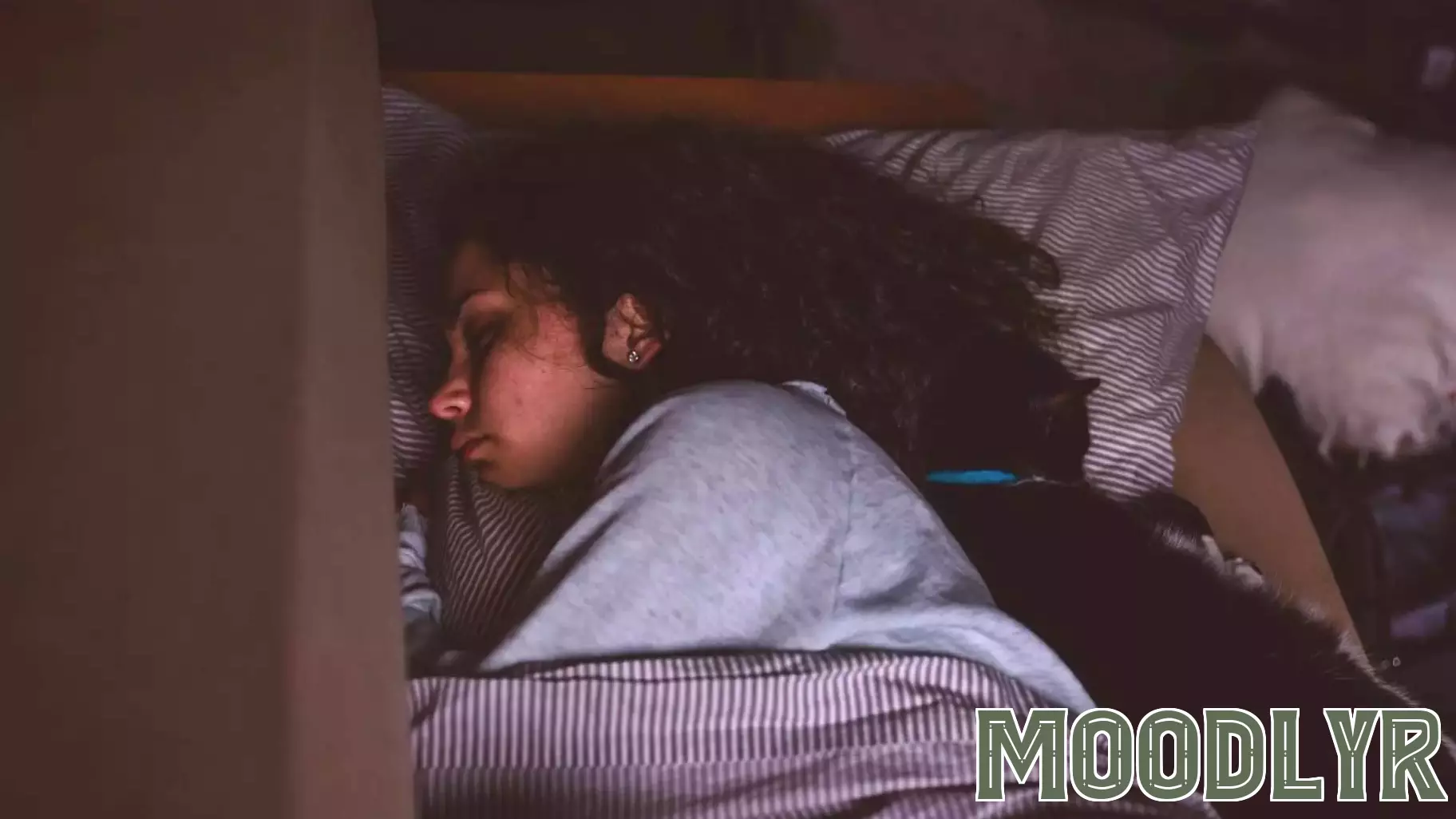The Global Experience of Sleep Paralysis: A Cultural Perspective
January 2, 2025 - 01:15

You’re in the dark in your bedroom and suddenly feel a weight on your chest. You cannot move your limbs. A figure reaches out to you… what does it look like? This unsettling phenomenon, known as sleep paralysis, occurs when a person is temporarily unable to move or speak while falling asleep or waking up. Interestingly, the experience of sleep paralysis varies significantly across different cultures, influenced by local beliefs and folklore.
In many Western cultures, individuals often report seeing shadowy figures or feeling an ominous presence during these episodes. In contrast, some cultures in Asia describe a more specific entity, such as a ghostly woman sitting on their chest. In parts of the Caribbean, the experience is linked to the "Old Hag" folklore, where a witch is believed to be the cause.
These cultural interpretations shape how people perceive and cope with sleep paralysis, highlighting the interplay between psychological experiences and cultural narratives. Understanding these differences can provide valuable insights into the human experience of fear and the mind's response to sleep disturbances.
MORE NEWS

February 21, 2026 - 02:30
Home Really Is Where the Heart IsThe age-old saying `home is where the heart is` is more than just a sentimental phrase; it is a neurological reality. New research suggests that the profound feeling of home is an idea we...

February 20, 2026 - 05:37
Racist Attitudes Linked To Future Psychological Distress – But Could Both Be Fueled By Something Else?A new research study is challenging the straightforward assumption that holding racist views directly causes future mental health problems. While confirming a link between prejudiced attitudes and...

February 19, 2026 - 04:05
UWM Professor Uses Sport Psychology Research to Solve Real-World ProblemsProfessor Barbara Meyer possesses a uniquely analytical lens that she applies to nearly every situation. Whether she`s guiding Olympic athletes, consulting with a university soccer team, or simply...

February 18, 2026 - 03:25
Why couldn't Ilia Malinin handle the pressure? Sports psychologists offer their thoughtsThe recent performances of top athletes have reignited a crucial conversation within the world of elite sports: the immense psychological burden of competition. While the spotlight often falls on a...